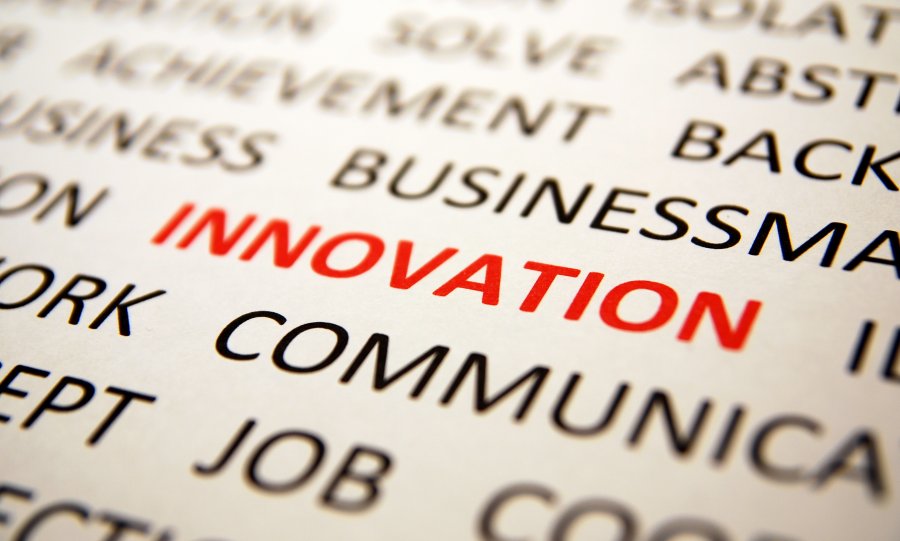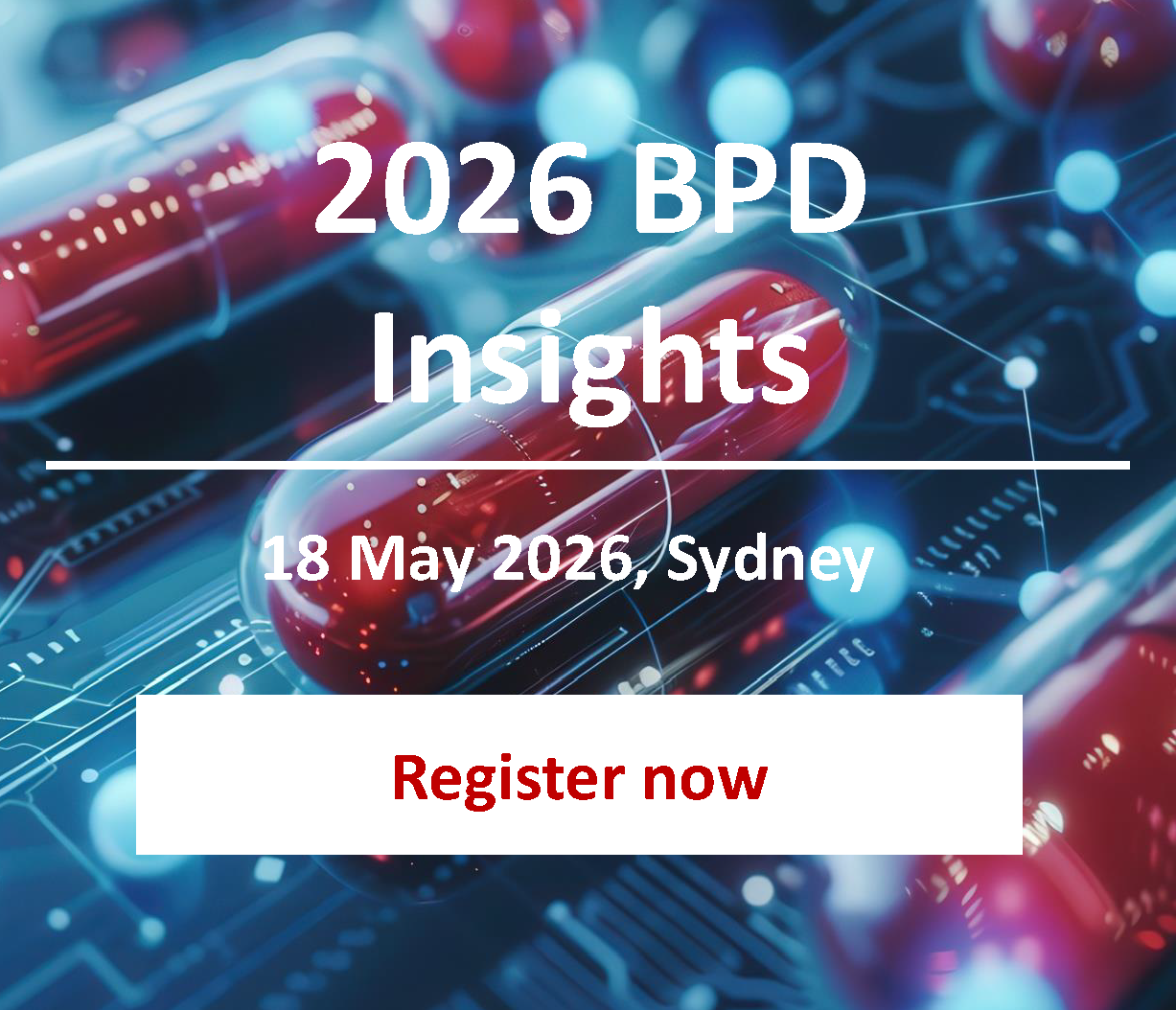The president of MSD's Asia Pacific region Dorthe Mikkelsen told BioPharmaDispatch there is an opportunity for governments to extend the past year's focus on innovation to all areas of the health system.

"So, obviously 2020 was quite an unusual year, unravelled by the pandemic and the impact it had. The clock stood still, and still to some extent still is, across the region and in many countries that are under complete lockdown. For us, and for these countries, what it did was underscore the importance of innovation to healthcare systems."
Ms Mikkelsen spoke with BioPharmaDispatch before appearing virtually at the opening reception of 'Science Meets Parliament', which is hosted by Science and Technology Australia, during which she talked about the unprecedented level of interest in innovation, diagnosis, treatment and access.
"I think more people also now realise that innovation is part of the solution, not just for the pandemic but so many other issues in healthcare," she told BioPharmaDispatch.
"Innovation holds so much promise. We anticipate more innovation and improvements in access because we see that as lacking. There are treatments available but they do not always make it to patients. We see improving that as an opportunity. We are particularly interested in advancing access for cancer patients and doing that across the Asia Pacific region. That certainly requires continued investment but it also requires dialogue and discussion, and reforms of assessment systems, specifically health technology assessment systems."
Ms Mikkelsen said 'access' is a significant day-to-day focus in her role leading MSD across the region.
"We have a research arm that is very good at getting products to patients. What we worry about on a daily basis is timely access because time is everything when it comes to cancer care."
She said there have been "encouraging" advances for lung cancer patients across the region. "There is a lot of data and science available now to support the treatment of patients with lung cancer. The dialogue and collaboration with stakeholders to provide access is also encouraging. There is a lot more to be done so continuing that dialogue is important."
MSD's PBS-listed immunotherapy KEYTRUDA (pembrolizumab) is a major therapy for the treatment of lung cancer.
"We do see other countries outside our region provide faster access and I think that is the benchmark. Countries like the UK and Germany are providing relatively fast funded access after regulatory approval. That is an area we are actively working on across the region and we would encourage Australia to become a leader in this area, not only in identifying funding for new medicines but also in faster processes.
"Australia has proven fast and very high-class regulatory processes. The second step is funded access and there is an opportunity to accelerate that part of the process."
Ms Mikkelsen said the first step in finding a solution to a problem is agreeing that there is a problem. She said the current parliamentary inquiry into approval processes for new drugs and medical technologies is suggesting alignment between stakeholders on the need for change.
"There is an opportunity. We can look to other countries for inspiration, particularly those leading the way with very efficient processes. They have identified that getting the medicines to patients in a timely way is not only about regulatory approval but also funded access.
"There is an opportunity for the early identification of new products and indications. How can we work together to plan for that with the goal of faster patient access? In the end, every country has to find its own way that works in its particular system. As a global company, we can support decision-makers and officials with our experiences from around the world."
Ms Mikkelsen also backed the concept of multi-year agreements with governments, similar to that between Medicines Australia and the federal government. "These can provide stability, transparency and predictability in budgets, but they also have the opportunity to provide faster patient access."
"We approach issues at two levels. There are practical day-to-day processes that are not necessarily easy to correct but change is possible. There is the intellectual challenge that requires a 'business case' for the public, government and policymakers. In the end, an investment in health is the path forward to economic development and growth, there is plenty of evidence to support that and the experience of the pandemic is a pretty good demonstration of the relationship between the economy and population health.
"The pandemic has shown the power of innovation. I think that also provides an opportunity to take a look at what we have learned, particularly about support for and rapid access to innovation. How can we use the experience to reshape how we look at investment in innovation? I think the discussions in Australia about a new agreement between the industry and the government is an opportunity to have that discussion."
On the emerging issue of international reference pricing, which has already compelled MSD to remove a medicine from the PBS, Ms Mikkelsen said it is a reality for global companies.
"We have a history of making medicines available around the world and we are eager to work with countries to manage what is a global pricing environment. It means it is more important than ever that every country, especially the leading countries in innovation and those wanting to lead in providing access, recognise the value of that innovation as well as the potential risk of impact with international reference pricing.
"We must work together to find those solutions but Australia could take the lead in sending signals to the world as to what is the value of innovation. Australia still wants to attract innovative treatment, and not only once developed, but also clinical trials that have a huge benefit to the healthcare system and patients.
"I am encouraged by what I see in Australia with the relationship between the industry, government, patients and other stakeholders. I really hope that, if anything good comes out of this pandemic, it is the positive impact of dialogue, collaboration, innovation and faster patient access," added Ms Mikkelsen.


